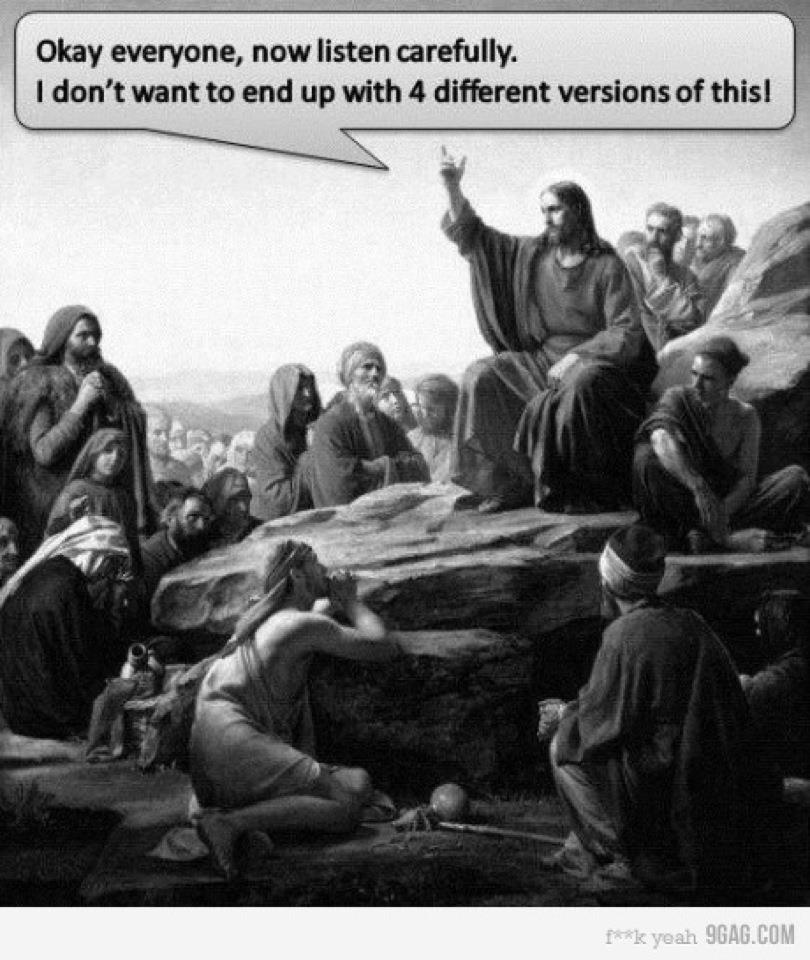Last semester, in Introduction to Pastoral Care, we
discussed how we might counsel someone, say someone going through grief or
loss, whose theology we didn’t embrace.
The overwhelming class decision was; what right do we have to evaluate
or judge any aspect of someone’s spirituality, especially if it provides
comfort in a time of stress? On
what presumption would we pretend to know more about how that person connects
with God than that individual?
What arrogance would that demonstrate? As a second year Seminarian, this was clear to me, but
unfortunately it’s not for the prospective Republican Presidential nominee Rick
Santorum.
This week, Santorum was quoted saying that President Obama
has a ‘phony
theology that is not based on the bible’. Later, he gave several explanations of what he meant. Regardless of these explanations, I’m
struck by the arrogance of someone who believes he has a true read on the
bible.
Eight days later, Santorum doubled down on his shortsightedness
on nuance, stating that John F. Kennedy’s speech on the separation of church
and state made him want to ‘throw up’.
Misreading the point of the speech – that Kennedy would not allow his
loyalty to Papal authority to take precedence over his loyalty to the
constitution – Santorum decried a nation that barred people of faith from
having a role in public policy. “What kind of
country do we live that says only people of non-faith can come into the public
square and make their case?” Besides the obvious error – after
all, he is a devout Catholic who has already served several terms in the US
Senate, and this has obviously influenced his decisions - Santorum clearly
showed his disregard for all people without faith. He spewed his disgust on having a government run by
only ‘secular’ citizens in the U.S.
I don’t follow the Pope, or believe he is instilled with any
type of divinity. I’m not alone in that - neither did Martin Luther. But I do believe people have valid opinions that deserve consideration, and that people can reason through many disagreements. I disagree that the Pope, or any
earthbound individual elected by men, is a representative of God’s word –
except Jesus. Except that Jesus
wasn’t elected by ‘man’ to lead anything.
Jesus was despised by the people in power during his time. He cast his lot with the despised,
called for others to have compassion for the despised, and was despised for
it. He was hardly regarded
as ‘the elect’ in his times.
Unfortunately, Santorum’s religious attitude of being ‘the
elect’ with the one truth is prevalent in our modern society. Pastors are quick to tell their flock
to cut out of their circle anyone who does not profess their exact confession
of faith. Instead of embracing the
inclusive approach of Christ, they focus on litmus tests and doctrinal purity
of a faith that moves in the exact opposite direction.
